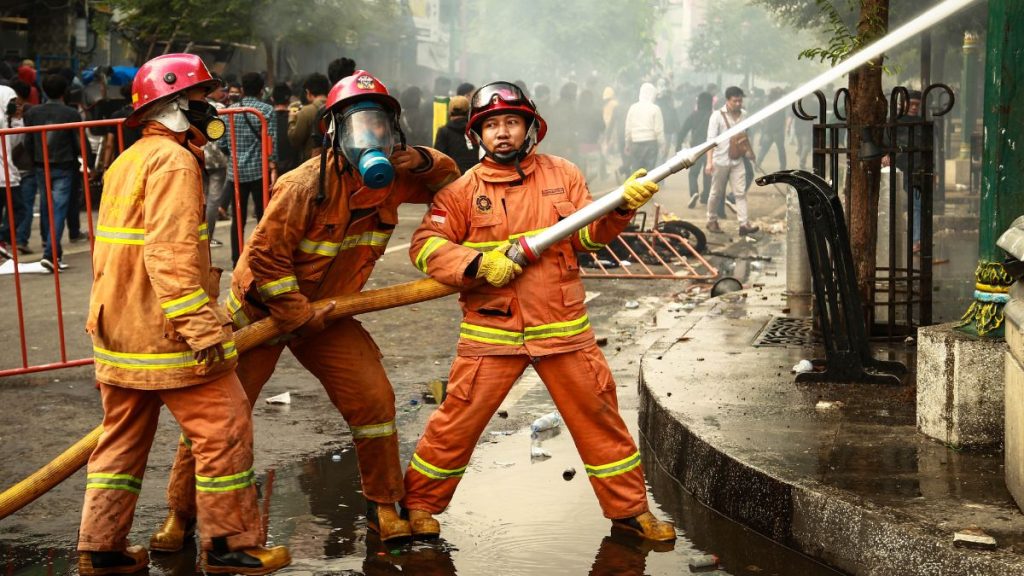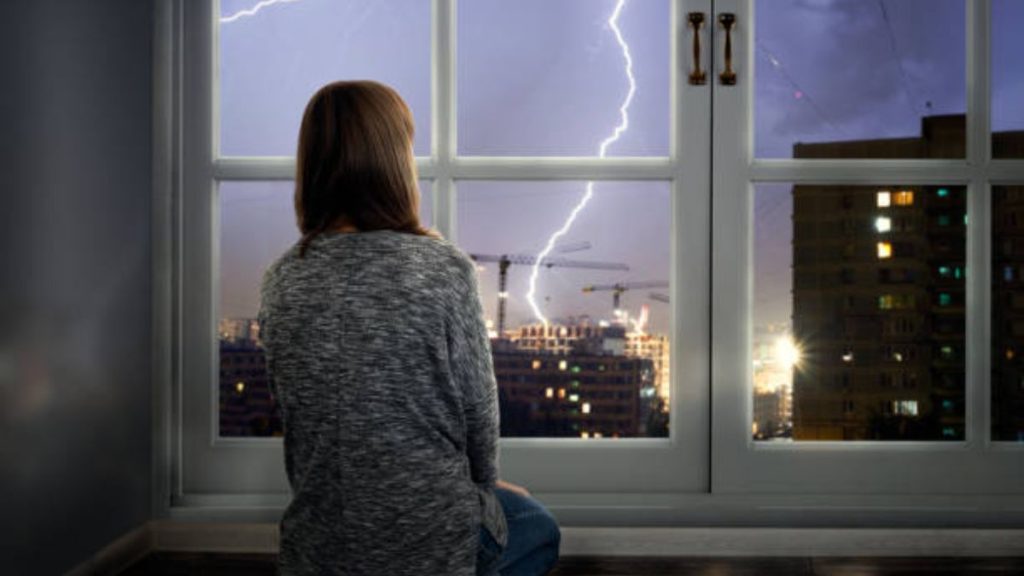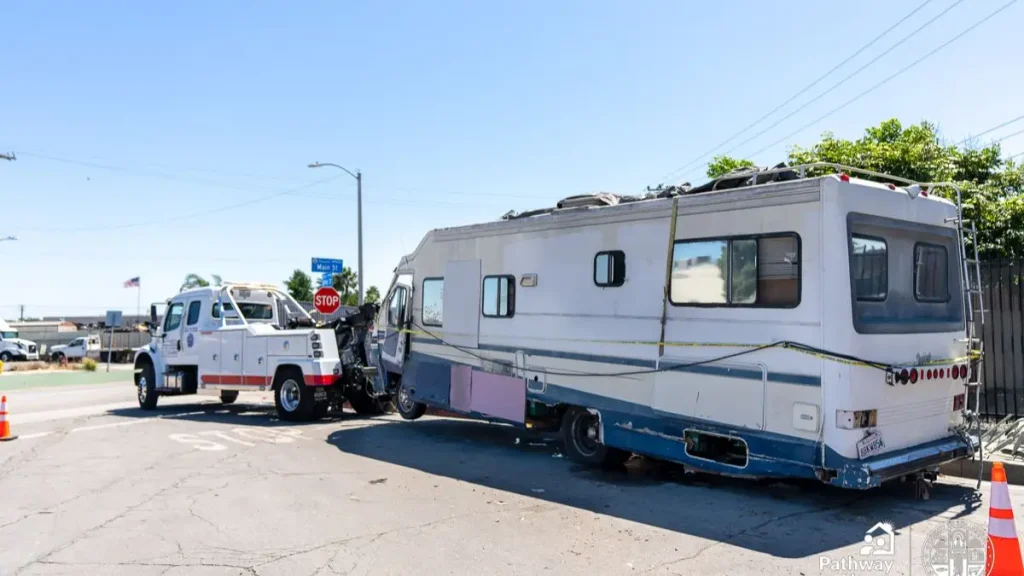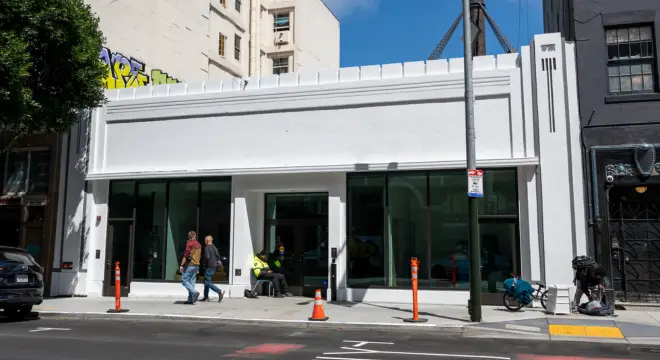Lightning Sparks Massive House Fire in Apopka During Sunday Night Storm
If you were anywhere near Apopka on Sunday night, you probably heard it—those deep, gut-punch lightning strikes that rattled the windows and lit up the sky like a scene from a disaster movie. It wasn’t just loud thunder.
On 15th June, around 9 p.m., lightning from the storm started triggering fires across neighborhoods. By the end of the night, four separate homes had been hit. One of them, on Rock Hill Loop, was completely destroyed.
I’m not using “destroyed” lightly. Firefighters say the house was engulfed in flames almost instantly after the strike. A neighbor described it as “a tornado made of fire.” That’s not the kind of thing you forget. Two other homes were damaged nearby, and crews were still responding to calls well past 11 p.m.
The part that really hits? It all happened so fast. Most residents didn’t even have time to process what was going on until they were already evacuating. It’s a sobering reminder that in Florida—especially during storm season—lightning is more than just background noise.
Why Lightning Can Ignite South Florida Homes?
You’ve probably heard that lightning “never strikes the same place twice,” but that’s not just wrong—it’s dangerous thinking. The truth is, Florida leads the entire country in lightning strikes, and homes here are especially vulnerable because of how fast storms build and how our roofs and trees are often the first points of contact.
When lightning hits, it doesn’t just burn what it touches. It sends a surge through wiring, plumbing, even your A/C lines. That means your attic can catch fire without a single flame touching the roof. That’s exactly what fire officials suspect happened Sunday night.
If your home has older electrical systems or trees overhanging the structure, the risk increases. And during storm season, which runs through November, it’s not a matter of if another bolt hits—it’s when.
It’s worth asking: Is your house grounded properly? Do you have surge protection beyond just a cheap power strip? Because that can make the difference between a close call and total destruction.
Impact on the Community & Firefighters

You and I can read about these fires and think, Wow, that’s terrible. But imagine being the family who lost everything on Rock Hill Loop. Their home is gone. And they’re not alone.
Four homes in Apopka were impacted during just one storm. That’s not “bad luck”—that’s a citywide event. The firefighters who responded weren’t just putting out one blaze; they were racing between addresses, some just minutes apart, trying to stop more homes from going up.
And in the middle of that chaos, two firefighters were injured. Not seriously, thankfully, but that tells you how intense it got. This wasn’t your average lightning fire—it was a chain reaction of emergencies across multiple streets.
This kind of damage changes how a neighborhood feels. Even if your home wasn’t hit, it shakes your sense of safety. You start wondering if next time, it could be your front door.
Similar tragedies have unfolded across the country, like this fatal house fire in Kansas where a woman sadly lost her life.
Eyewitness Accounts: “Movie‑Like” Firestorm
It’s one thing to read about a fire. It’s another to hear someone say it looked like a tornado of flames.
That’s exactly how one neighbor described what they saw when lightning struck the home on Rock Hill Loop. Another said they thought it was a rocket launch from Cape Canaveral. A third said the lightning was so bright and loud, it made them drop to the floor.
And you know what? Those aren’t exaggerations. When you hear three different people from different homes say it felt “surreal” or “like a scene from a war movie,” you realize how real the danger was.
These first-hand accounts echo stories like this tragic fire in Cleveland, where neighbors also described the blaze as fast and shocking.
Fire Response & Investigation Underway
You might think the flames were the end of the story. They weren’t. Fire crews were still working hours after the first strike, trying to figure out if other homes were at risk. Multiple departments came together—Apopka Fire, Orange County Fire Rescue—and it was all hands on deck.
According to FOX 35 Orlando, the first fire was reported around 9 p.m., with more calls flooding in shortly after. One of the homes, on Rock Hill Loop, was fully engulfed. Other fires were reported on Alexandria Place Drive and Offaly Court—three separate addresses, all hit within a two-hour window. Officials told FOX35 the fires appeared to be lightning-related, and that investigations were launched to confirm exact ignition points.
The investigations started almost immediately. They want to know exactly how the fires spread, how fast they took hold, and whether there were common factors—like roof materials or faulty surge protectors.
But here’s what I found most reassuring: the speed and coordination of the response. Even with multiple houses burning, crews were able to contain the damage. That’s not luck. That’s experience, planning, and grit.
And that matters for all of us. Because the next time lightning cracks across the sky, you’re going to want to know your city’s ready to respond again.
In a similar high-risk scenario, Evansville firefighters battled a massive warehouse blaze that pushed their limits under dangerous conditions.
What You Should Do During Lightning and Storms?

If you’re anything like me, storms in Florida feel so normal that we tune them out. That’s a mistake. Sunday night showed just how fast “normal” can turn into disaster. So let’s talk about what you and I can actually do—before, during, and after the storm.
Before the storm
- Check your surge protectors—are they whole-home or just on your power strips?
- Trim overhanging branches near your roof.
- Know where your breaker is in case you need to shut power fast.
During the storm
- Unplug appliances if you can safely do it.
- Stay away from windows, plumbing, and landlines.
- Don’t shower or do dishes—water conducts electricity.
After the storm
- Smell smoke? Hear crackling? Call 911 immediately.
- Look for burn marks on outlets or scorched patches near your attic vents.
- Don’t assume everything is fine just because the power came back.
These aren’t just “tips”—they’re habits that could save your home or even your life. Storms won’t stop, but you don’t have to be caught off guard.
Local safety groups have started using WhatsApp to share quick alerts during storms—like evacuation tips, fire reports, and lightning warnings.
Frequently Overlooked Risk: Lightning and Home Insurance Coverage
Here’s something most people don’t think about until it’s too late: does your home insurance actually cover lightning damage?
I dug into this after the Apopka fires, and what I found surprised me. While most standard homeowner policies do include lightning strikes, the payout depends heavily on how well you’ve documented the damage—and whether you’ve kept up with basic maintenance. Some policies might only cover direct fire damage but exclude surge-related appliance loss unless you have specific add-ons.
If your attic insulation is outdated, or your electrical wiring hasn’t been updated in 20 years, your claim might be reduced—or worse, denied. And here’s the kicker: most people never realize this until they’re knee-deep in ashes.
So here’s what I recommend:
- Call your insurer this week. Ask them point-blank: “Am I fully covered for lightning-related fires and power surges?”
- Walk through your house and take a video of your major assets.
- Keep a digital copy of your policy somewhere you can access it if you lose everything.
It’s not about being paranoid—it’s about being prepared.
What’s your take on this? Have you ever experienced a lightning-related emergency in your area? Drop your thoughts in the comments—we’d love to hear your story.
Final Thoughts
When we talk about storms in Florida, we often focus on the wind or the flooding. But lightning? It’s fast, violent, and often overlooked—until it tears through your neighborhood like it did in Apopka. What happened Sunday night was a warning shot, not an isolated fluke.
You don’t need to live in fear—but you do need to stay sharp. Prep your home, check your coverage, and talk to your family about what to do when the next storm hits. Because in Central Florida, lightning isn’t rare—it’s routine.
For more real stories and safety updates from across the U.S., visit our home security section.
Disclaimer: This article is for informational purposes only and should not be considered legal, safety, or insurance advice. Please consult your local authorities, fire department, or insurance provider for specific guidance. All reported information is accurate as of the time of publication based on available news sources.


